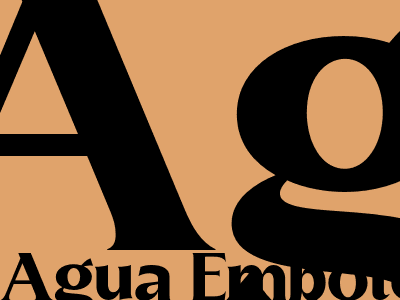
The Ultimate Guide to Bettering Your Blog with Search Engine Optimization
Introduction
In the ever-changing world of digital marketing, search engine optimization (SEO) is paramount for any business or individual looking to establish a strong online presence. This comprehensive guide will delve into the intricacies of SEO, providing you with actionable strategies to enhance your blog's visibility in search engine results pages (SERPs) and attract a wider audience.
Understanding the Basics of SEO
What is SEO?
SEO is the art and science of optimizing your website and its content to improve its ranking in search engine results pages (SERPs). By employing various techniques, you can increase your blog's visibility and attract more organic traffic, which can lead to increased brand awareness, lead generation, and sales.
Why is SEO Important?
SEO is crucial for several reasons: - Most online experiences begin with a search engine. - Higher rankings in SERPs lead to increased website traffic. - Organic traffic tends to be more targeted and engaged than paid traffic. - SEO can provide a sustainable source of traffic over time.
On-Page SEO Techniques
Keyword Research
Keyword research is the foundation of any successful SEO strategy. It involves identifying the specific keywords and phrases that your target audience is searching for. By incorporating these keywords into your content, you make it easier for search engines to understand the relevance of your blog to specific search queries.
Content Optimization
In addition to keywords, the quality of your content is paramount. Search engines favor well-written, informative, and engaging content that provides value to users. Make sure your content is original, well-structured, and easy to read.
Header Tags
Header tags (H1, H2, H3, etc.) help break up your content and make it easier for readers to skim and understand. They also provide an opportunity to include relevant keywords and improve the organization of your content.
Image Optimization
Images can enhance the visual appeal of your blog and provide valuable information to search engines. Optimize your images by using descriptive file names, including alt tags, and compressing them to reduce page load time.
Internal Linking
Internal linking is the practice of linking to other pages within your own website. This helps distribute link equity and makes it easier for search engines to crawl and index your content.
Off-Page SEO Techniques
Backlinks
Backlinks are links from other websites to your own. They are a crucial factor in SEO as they indicate to search engines that your content is credible and authoritative. Focus on building high-quality backlinks from reputable websites.
Social Media Marketing
Social media is not a direct ranking factor, but it can indirectly impact your SEO. By promoting your blog content on social media, you can increase its visibility and attract more visitors, which can lead to increased backlinks and improved rankings.
Local SEO
If your business has a physical location, local SEO is essential. Optimize your Google My Business listing, create location-specific content, and build citations from local directories to improve your visibility in local search results.
Technical SEO Factors
Website Speed
Page load speed is a critical ranking factor. Ensure that your website loads quickly on both desktop and mobile devices by optimizing your images, using a caching plugin, and minifying your code.
Mobile Optimization
With the majority of internet traffic now coming from mobile devices, it's imperative that your website is mobile-friendly. Use responsive design, optimize images for mobile, and test your website's performance on mobile devices.
XML Sitemaps
An XML sitemap is a file that lists all the important pages on your website. Submitting your sitemap to search engines helps them discover and index your content more efficiently.
Conclusion
SEO is a complex and ever-evolving field. By implementing the strategies outlined in this guide, you can improve your blog's visibility in search engine results pages, attract more organic traffic, and achieve your online marketing goals. Remember to stay up-to-date with the latest SEO trends, monitor your progress, and make continuous improvements to your SEO strategy.